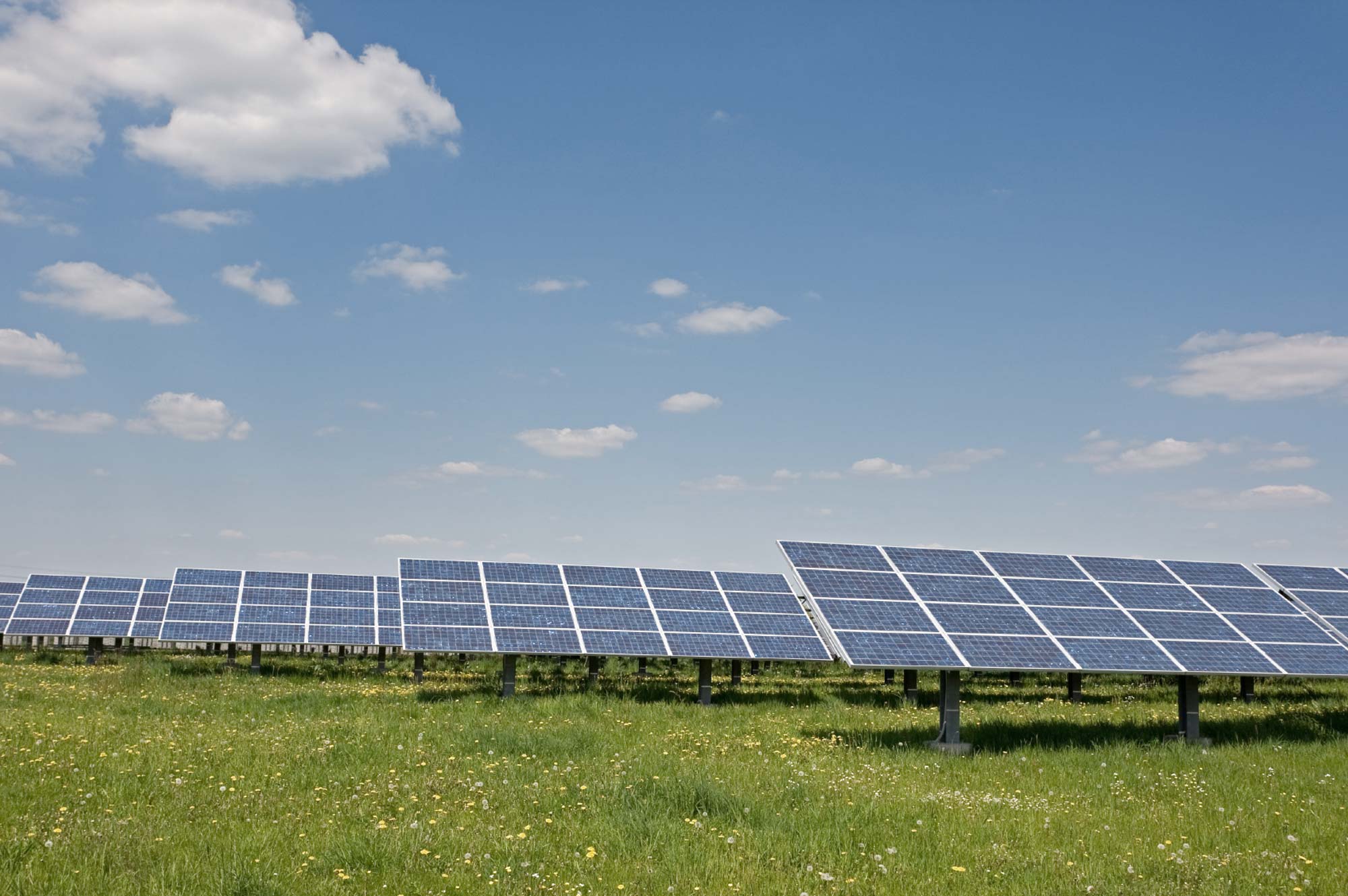The energy Roadmap 2050
Climate change may have been squeezed off the agenda by other issues, but the sense of urgency remains undiminished.
Never before in recorded history has the Arctic icecap retreated further than in the past few years. Never before has industry emitted as much greenhouse gases.
In response to increasingly evident climate change, the Commission proposed a strategy to reduce greenhouse gas emissions by 80-95% below 1990 levels by 2050.
What was the Greens' position?
For the Greens, the three targets to be reached by 2030 on renewables, energy efficiency and climate change must be binding. This implies greenhouse gas reductions of 50% compared to 1990, an increase of renewable energy supply around 30%, and comparable increases of energy efficiency.
We want a guarantee that shale gas is not considered when talking about ‘natural gas’. Last but not least, it is paramount for Greens that nuclear energy is not an option for our energy supply.
Did other MEPs accept the Greens' position?
Several demands, introduced by the Greens were passed by the Parliament.
MEPs acknowledged that the Emission Trading Scheme (ETS) needed structural change.
Thanks to a Green amendment, we succeeded in strengthening the text relating to protection of the Arctic. The report calls on the Arctic Council to actively propose policies for governments to refrain from authorising offshore oil and gas operations, including exploration, as long as an effective response to accidents cannot be ensured.
We also managed to ensure that renewables will continue to receive support. The text also puts forward the Green demand on 'energy savings first principle', i.e. that energy saving opportunities first be evaluated ahead of making any large and costly investment.
Which points did the Greens lose?
Backed by a strong pro-oil, pro-shale gas and pro-nuclear lobby, the EPP and ALDE groups managed to vote down our key demands on binding targets, shale gas and nuclear energy.
Due to persistent and incoherent lobbying, the final text is so diluted that it has no clear message anymore. It even states that people will no longer be able to pay their energy bills, if energy production from coal will be reduced.
We lost the vote on our demand calling for 45% renewable energy by 2030 by one single vote.
For all these reasons, we voted against the final resolution.
Procedure:Own-initiative procedure
Reference(s):2012/2103(INI)Lead MEP:Niki Tzavela (EFD)
Green MEP responsible:Yannick Jadot
Voted:14.03.2013
Staff contact:Heike Leberle (Email)
Outcome of the vote
Below you find the results of the final vote in plenary. How did the political groups vote? What about national delegations? And what was the position of your MEP?
